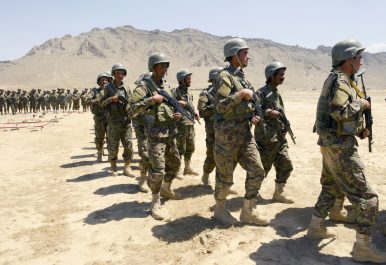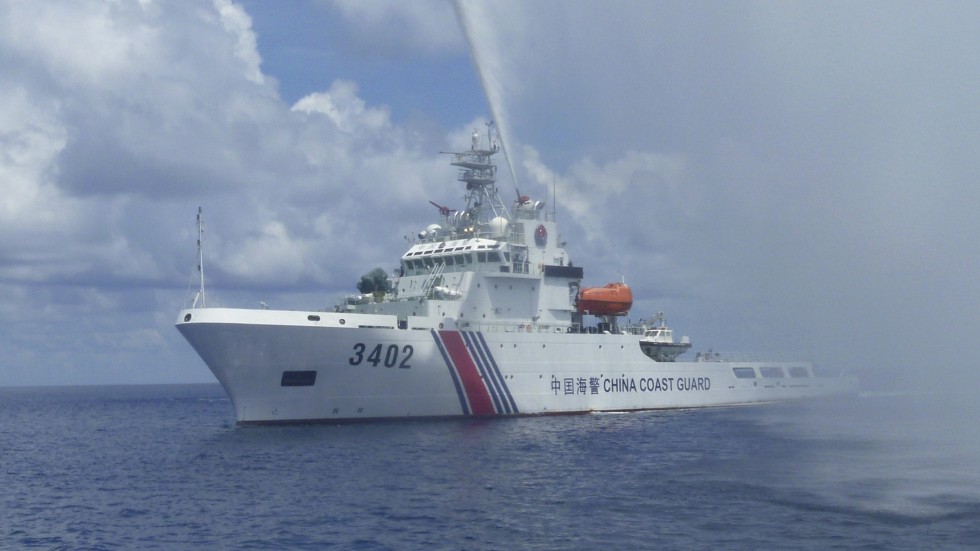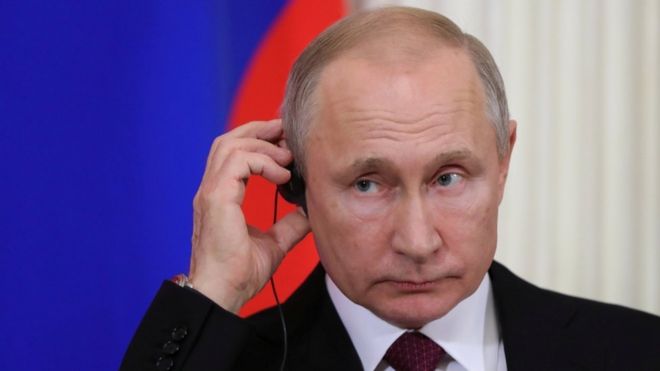Facebook on Monday said it has expanded its third-party fact-checking programme in India as it looks to combat the spread of “fake news” on its platform ahead of general elections this year.
Apart from reviewing articles, the US-based company has also equipped checkers with tools to review photos and videos to “help identify and take action against more types of misinformation”.
“Starting today, India Today Group, Vishvas.news, Factly, Newsmobile, and Fact Crescendo, all of whom are certified through a non-partisan International Fact-Checking Network, will review news stories on Facebook for facts, and rate their accuracy...” Facebook said in a statement. It added that this will be done for content in languages including English, Hindi, Bengali, Telugu, Malayalam and Marathi.





















